Demei's View - Wine Communication from a Chinese Winemaker
In putting these two names in the title, I have no intention of writing biographies about them. There are no gossip-worthy stories about these two internationally-acknowledged wine experts either. But, it happened—people completely mixed up their names here in Ningxia. Well, maybe I’m partially responsible...
At the end of September, right after the Decanter Asia Wine Awards judging week, Andrew Jefford was invited to visit the Ningxia wine region. After the dates of his trip had been confirmed, the dates for the Ningxia Wine Festival changed, and would now coincide with Andrew’s visit. Of course the change wasn’t made for our guest—the OIV simply altered the schedule of the Wine Festival, alongside its meeting with the Ningxia government. So there is literally no story behind it.
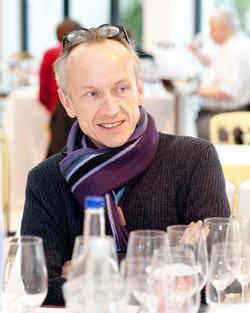
and Andrew Caillard © Decanter
Andrew Caillard visited Ningxia for the first time when he was shooting the film Red Obsession. He then became one of the consultants working with Ningxia’s wine industry association. When a wine festival is hosted in Ningxia, the organiser will invite some of their consultants, naturally. Here comes the story.
When I told the locals about Andrew Jefford’s visit, the message somehow got mixed up, and everyone thought they were expecting Mr Caillard. You can imagine the confusion when Mr Jefford was introduced as Andrew Caillard. It was only when I met him in person and explained about the mix-up of names that he finally understand what had happened. ‘Thank god Andrew Caillard isn’t a diva,’ I joked. ‘And luckily Mr Caillard isn’t visiting this time,’ another friend added.
Indeed, for many Chinese people, memorising Western names is a bit of a headache. We constantly hear our Western friends being called ‘Mr Nicolas’ or ‘Mr Alexander’ in Chinese - obviously the speakers have no idea that these are first names and not surnames.
While most Chinese people manage to remember the ‘first name comes first, surname comes last’ rule for Western names, which are usually constructed by a first name and a last name, how about a name like ‘Lilian Viva Shears Carter’? (She’s the Australian winemaker of Skyline of Gobi Vineyards in Xinjiang). Which of the four words is the surname, and is the first name? Apparently it’s too difficult for a Chinese person to tell—Lilian called me last Tuesday to say she couldn’t board the plane due to her name being mistaken when booking the flight.
As a matter of fact, the confusion of Western and Eastern names occurs in both ways, and I have experienced it myself. When I was living in Florida in 1996, not many people could accurately pronounce my Chinese name Demei, and apparently the name sounds a bit like ‘Dammit’ to the youngsters around me. They suggested I adopt an English name to make the communication smoother. So I did—I picked ‘Garry’ as my English name. However, before I got used to my new name, I moved to California, and the way a friendly Korean old lady called my name made it impossible for me to keep on using it—you wouldn’t have guessed that it sounds just like ‘Gay’.
Therefore until today, I insist on using the name given by my parents and refuse to change. Fortunately in French ‘De’ pronounces almost the same as ‘De’ in Chinese (though with different meanings, of course).
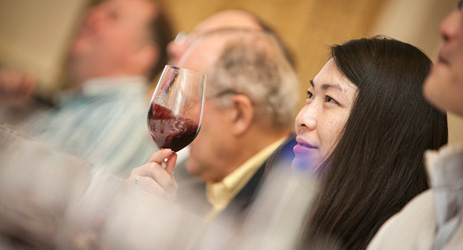
Speaking of the Western and Eastern name differences, Poh Tiong also has a lot to say. Although he was educated in an entirely Western environment, he insists on using his Chinese name, with surname ‘CH’NG’ at the front. As a result he keeps on being referred to as ‘Mr Tiong’ in a matter-of-course manner.
‘Isn’t it a bit too self-centred for Westerners to take their own cultural norm for granted, and expect Asian people to share that norm?’, he commented.
Of course when discussing language and culture in an abstract way, everyone is aware of the existence of differences between the West and the East. But for people who are in the front line of foreign communication, shouldn’t we stop being self-centred, and keep the cultural differences carefully in mind?
Politicians may refuse to comply with foreign culture to keep posturing, but how about individuals doing business in the global market? The will to bridge the differences is a definite necessity—otherwise their business is doomed to fail.
Translated by Sylvia Wu / 吴嘉溦
All rights reserved by Future plc. No part of this publication may be reproduced, distributed or transmitted in any form or by any means without the prior written permission of Decanter.
Only Official Media Partners (see About us) of DecanterChina.com may republish part of the content from the site without prior permission under strict Terms & Conditions. Contact china@decanter.com to learn about how to become an Official Media Partner of DecanterChina.com.

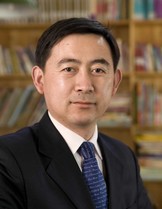
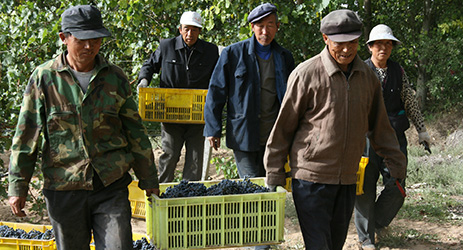
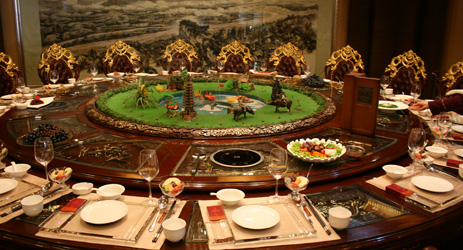
Comments
Submit